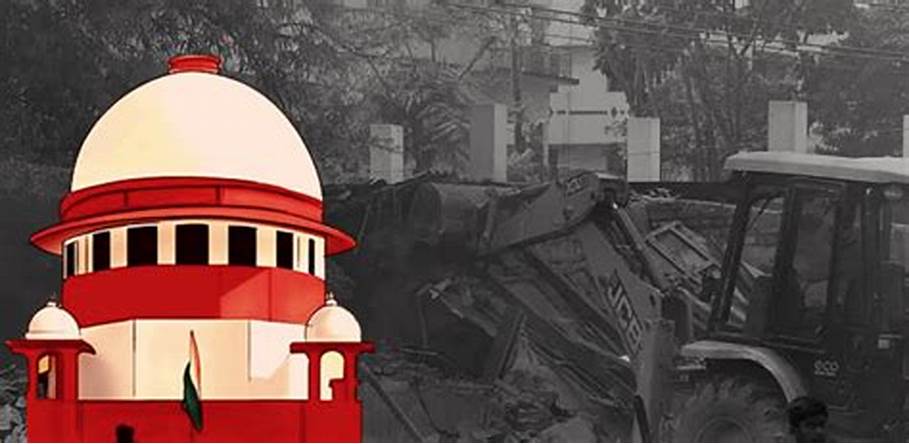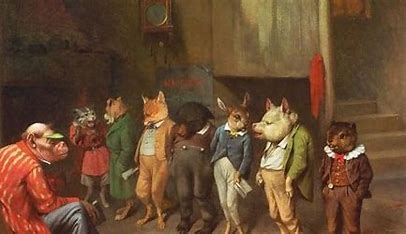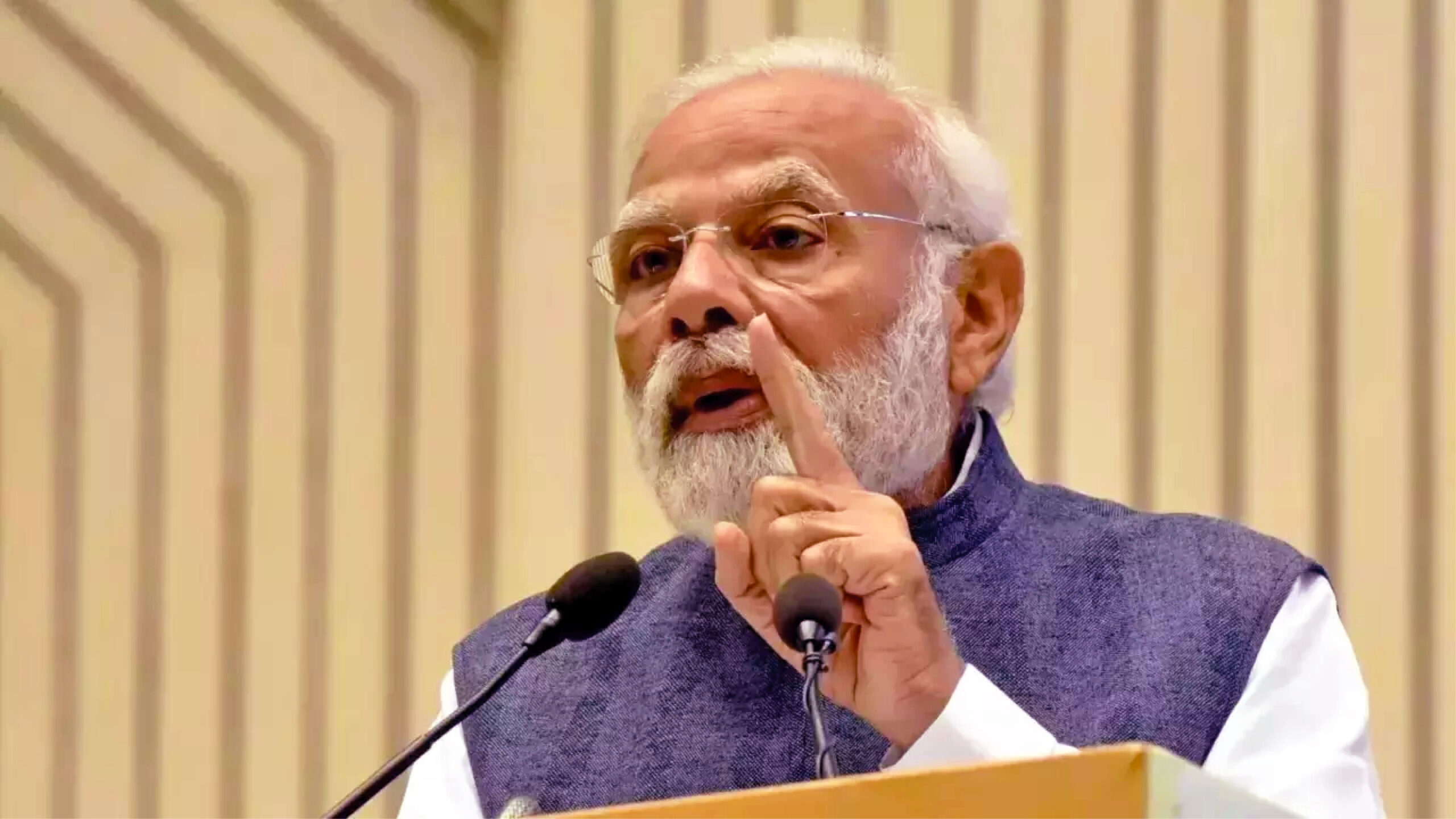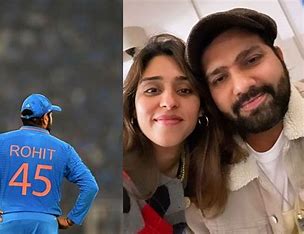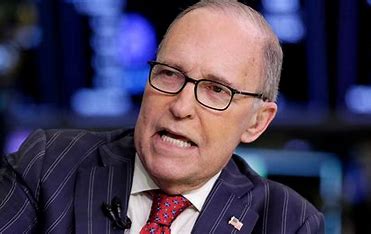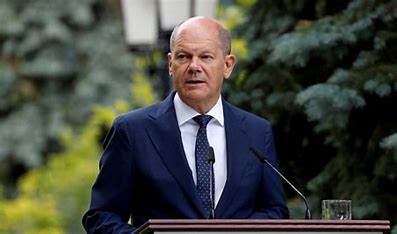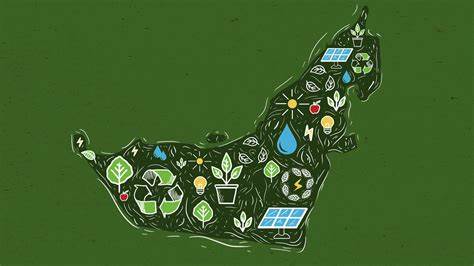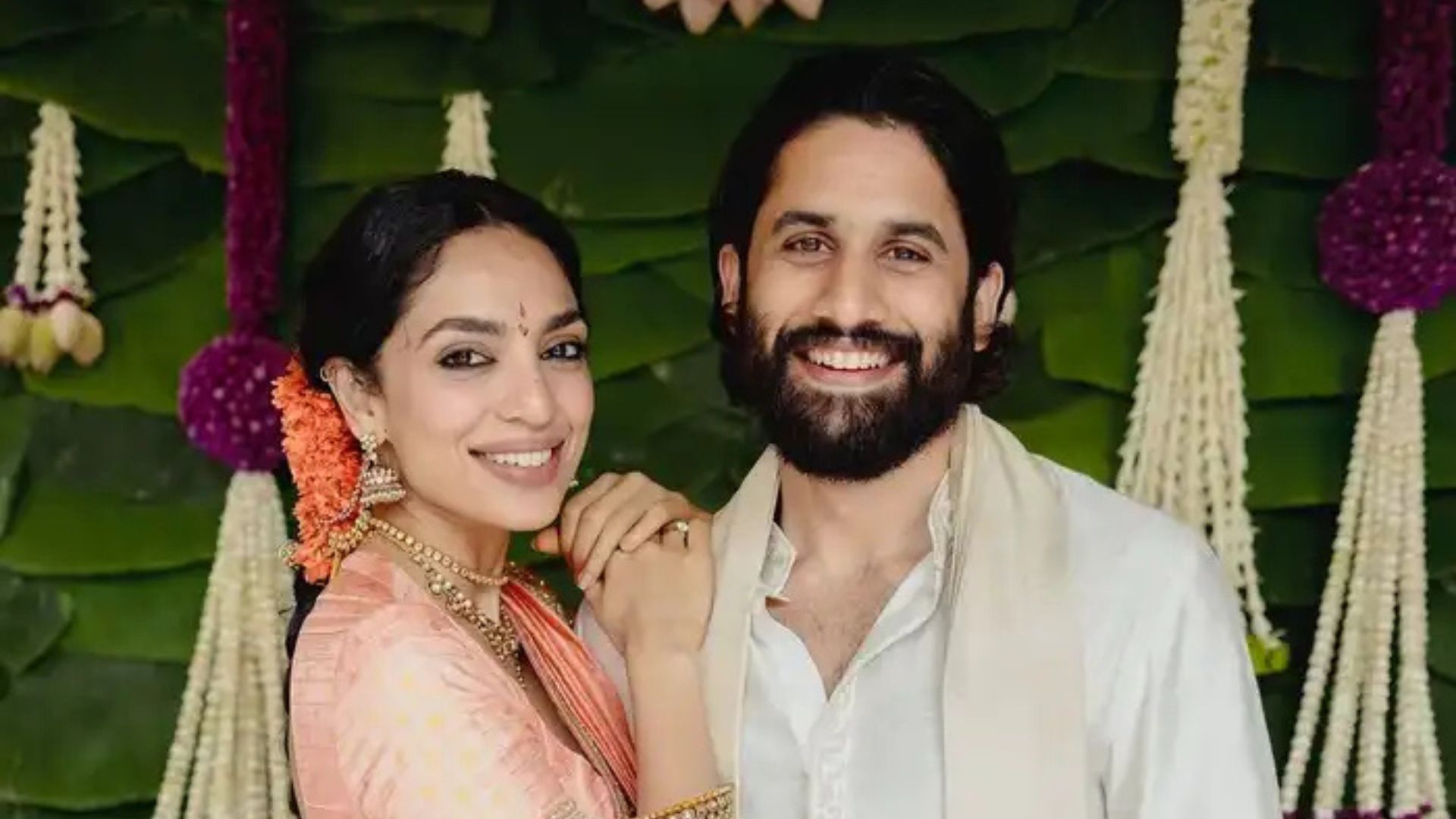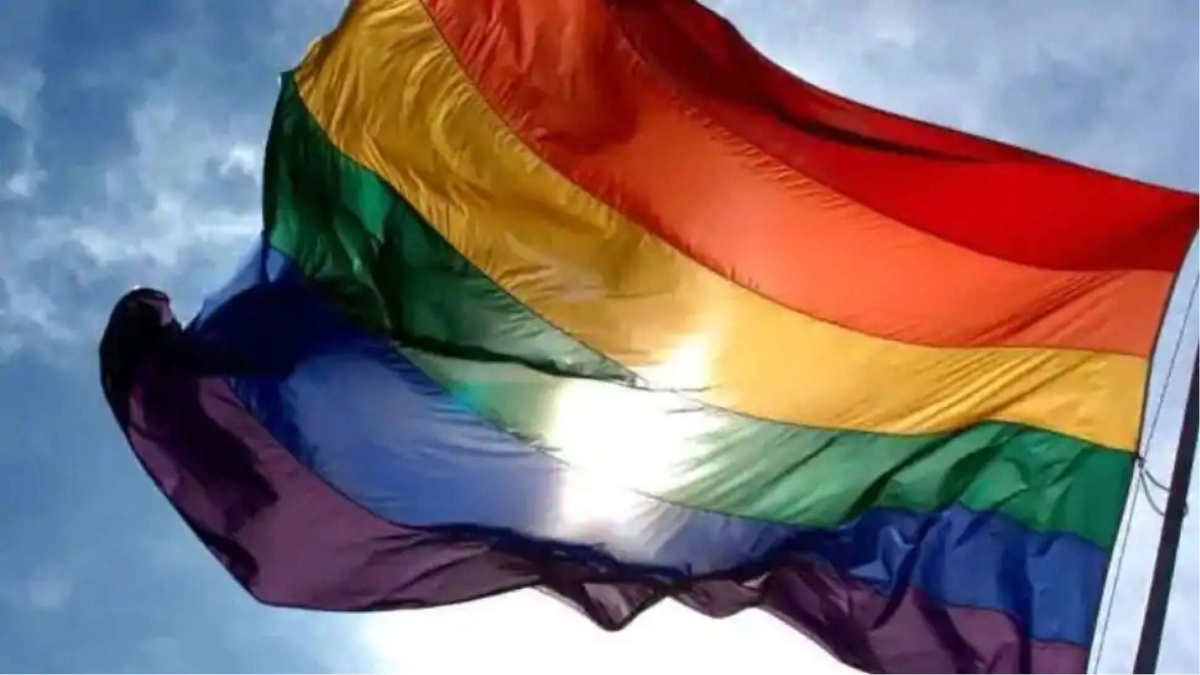
The demand for the recognition of same-sex marriage has opened up a Pandora’s box of issues which question the very foundation of the institutions of marriage and family as building blocks of social, cultural and political life. The Delhi High Court is seized with the matter and the Union government has submitted its arguments on why it is opposed to the proposal.
When the Supreme Court was considering the issue of the validity of Section 377 of the IPC, which made homosexuality a criminal offence, the Union government had refused to give its opinion on the issue and left the matter entirely up to the Supreme Court. The apex court decriminalised homosexuality between two consenting adults. At that time, the government’s stand had been guided primarily by the argument that the government should not interfere in deciding the sexual preferences of people. There had also been many complaints before that about the law being misused to harass same-sex partners living together.
But decriminalising homosexuality is not the same thing as allowing marriage between people who identify as homosexual. The government in its affidavit has told the court that any change, such as recognising same-sex marriages, would create havoc in the delicate balance of personal laws in the country. “The Indian family system presupposes a biological man as a husband and a biological woman as a wife and the children born out of the union between the two,” it has argued.
The government has also argued that the registration of same-sex marriages would result in the violation of existing personal as well as codified law provisions such as the degree of prohibited relations, ceremonial and ritual requirement, etc. Decriminalising consensual homosexual relations in 2018 was “neither intended to, nor did it, in fact, legitimise the human conduct in question,” the affidavit has argued. It has also argued that any such change should be left to the legislature.
What is the purpose of marriage in society? Let us try to understand this without getting religion-specific since every religion has a particular way of looking at the family and they invariably sanction only heterosexual relationships. The purpose of marriage is not sex alone but the procreation of children who would become healthy citizens. If sex was the purpose, then society has many outlets, including the one provided by the amended Section 377.
For Mahatma Gandhi, marriage was exclusively for the procreation of children. British philosopher Bertrand Russell had said, “It is through children alone that sexual relations become important to society, and worthy to be taken cognisance of by a legal institution.” If culture, religion, tradition, societal mores, etc. shape constitutional laws, then these cannot be ignored without endangering the very foundation of society.
Heterosexual biological parents have a different kind of attachment to the offspring, as various sociological studies have shown. It is no wonder paternity leave is now being allowed to the father to feel equally responsible towards parenthood and does not leave things to the mother alone. Mother’s milk is scientifically the best for children since it helps boost immunity and the biological process makes a woman produce milk after she gives birth to the child. But homosexual couples cannot have their biological children and hence they may adopt children, but can they give the same love and affection and security which biological parents can?
It is argued that those heterosexual couples who fail to procreate either adopt children or undergo artificial insemination. Why can’t the same right be given to same-sex couples? But what is the guarantee that the children adopted would not become objects of exploitation? This can be true for even heterosexual couples, but the existence of a father and mother ensures that the adopted child is not subjected to exploitation. The web of relationships that marriage brings with it in the Indian context ensures that there are checks and balances.
Many sociological studies have shown that a child adopted by a single father or mother longs for the affection of the other parent. If the tender care of a mother is needed for the overall growth of the child, the careful guardianship of a father is needed too for the security and discipline it provides. The Indian family system is the smallest social unit. It has withstood the test of time. Cultural norms and values are imbibed in new members through the process of socialization in which not just parents but other relatives also take part.
Same-sex couples in the West have often argued that they don’t get respect from society. Homosexuality is a deviant behaviour. One can make laws to decriminalise it but can’t force society to change its orientation.
Aping the West would not do our society good. In most Western societies, people have become more and more individualistic and family norms are breaking. This is not true of the Indian society. Despite rising cases of divorce and conflicts in marriages, the institution has proved to be useful. Legislations have given a cushion to ensure that people who divorce each other are not exploited by one another.
‘Once gay, always gay’ is not true and there are many cases where a gay person has walked out of it and married in a normal way and lived happily. How do you ensure marriage and divorce laws for these people? There are chances that same-sex marriages may break after sometime and the couple may decide to live a normal family life. There are also chances that the prospect of a person marrying many times would increase. In the possibility of such instability, will the adoption and rearing of children in a healthy way survive?
It is not an issue of ‘liberals vs conservatives’ which we often see in the West. It is an issue of what these gay rights activists want to achieve. You want a share in property, but that can be achieved through mutual agreement. You want healthcare facilities, which are easily available to individuals. The right to be treated with dignity as a citizen belongs to all. You wish to bequeath your property to someone, you can do so. You can do the same with your insurance and other related issues. You can give the property you earn to anyone under secular laws. If you inherit your part of property from your parents, you can do the same once you inherit it. There is absolutely no problem.
And the biggest issue is that you cannot proclaim yourself to belong to a particular religion and then claim that the marriage granted by that religion should be applicable to you as well for same-sex marriage. This means you want to change entire religious beliefs. In Hinduism in particular, marriage is not a contract but a sacrament with associated notions of spirituality, commitment and responsibility. During many religious functions, the husband and the wife have to be together to perform the rituals.
A typical flaw with the same-sex marriage argument in India is that it seeks an amendment in the Hindu Marriage Act and the Special Marriage Act but does not talk of other religious practices. Can you change the law of the book? Are we prepared to say that there would be no personal laws since these violate the fundamental right to be treated equally? Can courts impose monogamy on the Muslim community in India? Why did policymakers in India work for the secularisation of Hindu laws but not for Islam? Why should the law say that polygamous marriage is prohibited for Hindus but allowed in Islam?
Gay activists have taken the right to be treated equally to ridiculous proportions. The law treats men and women based on biological differences and not on a subjective understanding of one’s sexual drive or orientation. It may also be a matter of conditioning as some studies have revealed more so in case of impressionable youths. Impressed by this conditioning, some have even gone for sex changes.
While it may have worked in some countries where people are more homogenous or where religion does not ordain secular life, it may create an explosive situation in India where religion plays a significant part in secular life as well. Religion is the source of morality, respect for each other’s lives, and values that define existence.
You cannot undermine an important social institution that has evolved over a period of time not because of law or legislation but because of its usefulness to society. Many aspects of law emanate from the concept of family. While trying to recognize same-sex marriage, there is surely going to be a disturbance of the very foundation of Indian social life. I am talking about all religionists residing in India since they come from the same stock and share the same culture despite their personal laws.
The next argument which is increasingly being made is the person acting as the female in a same-sex partnership would demand to be treated as a woman for participation in sports. If one’s right to be treated as a female is granted then biological reasons should not become a stumbling block for their right to be treated as a female. This can have disastrous consequences for society.
LGBT activists were right when they demanded that laws should not be used against them to suppress their freedom. Decriminalisation of homosexuality should be seen in that context. If there are other genuine concerns that should also be looked into, a legal framework should be provided to protect their rights. But this can happen even without legalizing same-sex marriages. In trying to be liberal and progressive, we are not going to turn everything upside down.
The writer is convener of the Media Relations Department of the BJP and represents the party as a spokesperson on TV debates. He has authored the book ‘Narendra Modi: The Game Changer’. The views expressed are personal.
It is not an issue of ‘liberals vs conservatives’ which we often see in the West. It is an issue of what these gay rights activists want to achieve. You want a share in property, but that can be achieved through mutual agreement. You want healthcare facilities, which are easily available to individuals. The right to be treated with dignity as a citizen belongs to all.
